From playing catch in the backyard with friends to following a strict schedule and hoping their passion grants a way to their future, student-athletes feel the pressure from parents and coaches to take their talents to the next level.
Since childhood, freshman Tre Bell has been perfecting his jump shot in the driveway after school. As the years progressed, he began playing on select and Amateur Athletic Union (AAU) teams. Now, Bell can be found calling the winning play at a Friday night varsity basketball game.
“When I went from JV to varsity midseason, I tried to make myself a better player than I already was,” Bell said. “Playing against 17-year-olds and 18-year-olds night in and night out, I knew I had to make myself better and stronger and faster than before because everything I do will be evaluated.”
Bell has played football, flag football, baseball and track, but basketball has always been his main focus. His father, Floyd Bell II, has been coaching him throughout.
“Growing up, my dad always wanted me to improve my game to make sure I was prepared for the next level,” Bell said. “We used to always watch basketball games and play. We had a very competitive atmosphere around the house.”
From a young age, student-athletes are scouted by college coaches from around the country. Eighth-grader Tyler Lang from Parkway West Middle School is already participating in college showcases and scouting events for baseball.
“I play sports because of the relationships I have built with people all around the country, and I enjoy the competitiveness,” Lang said. “I have always been influenced by professional players, and it’s exciting to think about college at this age.”
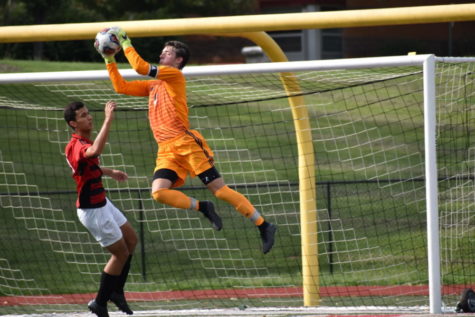
Leaping to save a ball, senior Nolan Cosgrove defends the goal against an opposing shot from Parkway Central. After deciding to attend University of Tulsa, Cosgrove is looking forward to the competitive nature of college soccer. “Playing soccer in high school is just trying to play at the highest level that you can while you’re here and trying to put in as much work as you can while you’re here, so that way you can be prepared whenever you do go into that college environment,” Cosgrove said.
As athletes get older, there are many camps and opportunities for training that helps the athletes be successful in higher levels.
“When I was a sophomore, I made the decision to play Division I soccer,” Tulsa soccer commit and senior Nolan Cosgrove said. “By this point, I already had gone to an Identification Camp (ID), where they rank the goalies. I got the worst score at the camp, so from that point on, I’ve used that as my motivation to get better and reach the next level.”
Being overbooked is a common issue for young athletes. Bell played five sports growing up and had to learn to manage his time and energy.
“I was always busy with games and practices, but it helped me become a better athlete,” Bell said. “I was always on the move, having to wake up early and staying out late many days. I enjoyed playing so much, but it could get exhausting.”
According to NCAA, a little more than 7% of high school students go on to play in college and many can start thinking about it at an early age.
“To know that I, as a freshman, am already on colleges’ radar is an amazing feeling,” Bell said. “It pushes me to play the best I can knowing that I have many people evaluating me.”
As athletes progress to higher levels, the intensity and level of work make sports apart of their everyday life.
“It’s almost like a job, a fun job, but it still is one to come out and do your best every time you step out on the field,” Cosgrove said. “Every day is an opportunity; whether it’s just practice for an hour or doing a walk-through, you have to be able to come out and give it your best.”



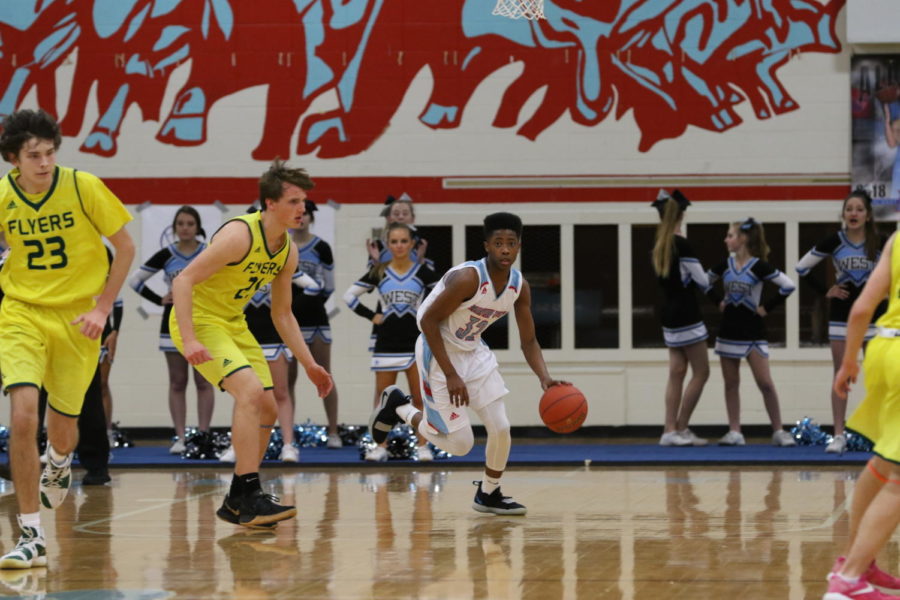
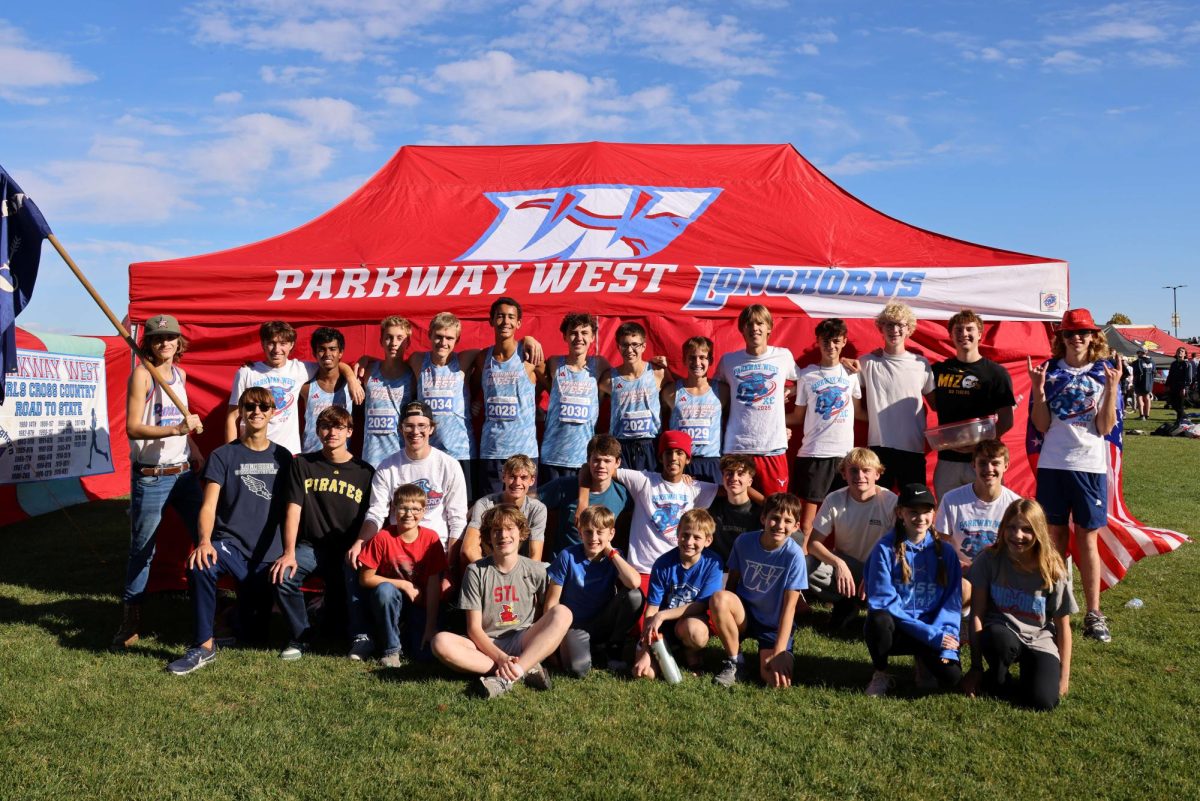
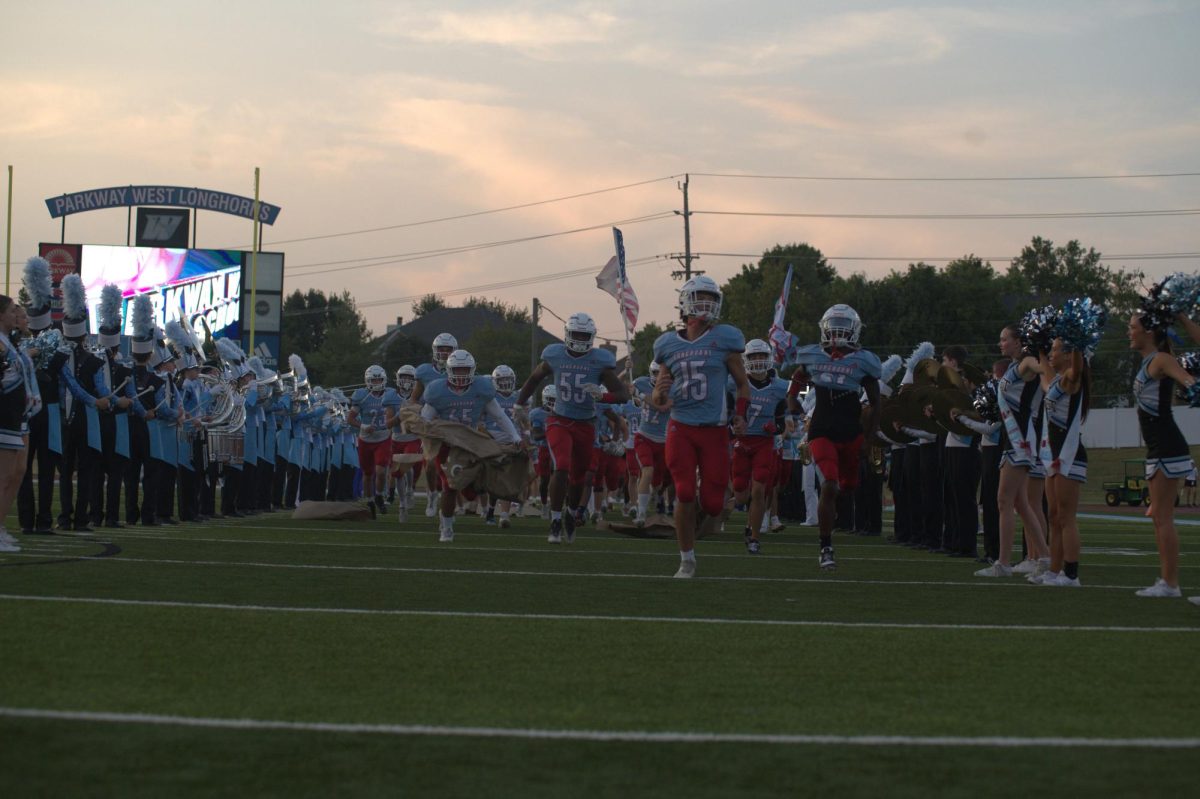
![Sophomore Shree Sikkal Kumar serves the ball across the court in a match against Lindbergh. Sikkal Kumar has been a varsity member of the varsity girls’ tennis team for two years, helping her earn the number two rank in Class 2 District 2.“When matches are close, it’s easy to get nervous, but I [ground] myself by[staying] confident and ready to play,” Sikkal Kumar said.](https://pwestpathfinder.com/wp-content/uploads/2025/11/DSC2801-1200x798.jpg)
![After a thrilling point, senior Katie Byergo and junior Elle Lanferseick high-five each other on Oct. 8. With teamwork and camaraderie, Byergo worked together in the game against Lafayette High School. “[Byergo’s] is really positive with a good spirit,” Lanferseick said. “I set her [the ball] and she hits it [or] gets the kill.”](https://pwestpathfinder.com/wp-content/uploads/2025/10/DSC_9349-1-e1761159125735-1200x791.jpg)
![The varsity boys cross country team poses for a photo at the Mike Rose Soccer Complex in Memphis, Tenn. The Memphis Twilight Classic is the largest event the team attends. “[I enjoyed] hanging out with the team every day at practice,” Patten said. “I wanted to be the best I could for my team; I really wanted to help out.”](https://pwestpathfinder.com/wp-content/uploads/2025/09/XC-PHOTO-1200x822.jpg)

![Celebrating their landmark victory, the Parkway West Boys Hockey team gathers together on the ice. Over the course of the season, the team grew closer together while pursuing their final goal: winning the coveted Wickenheiser Cup. “[Winning the cup] was awesome. [As] a senior, it was super rewarding to end on a high note. It had to be the most memorable part of my career,” varsity hockey player and senior Hunter Beach said.](https://pwestpathfinder.com/wp-content/uploads/2025/03/DSC3974-Enhanced-NR-1200x799.jpg)
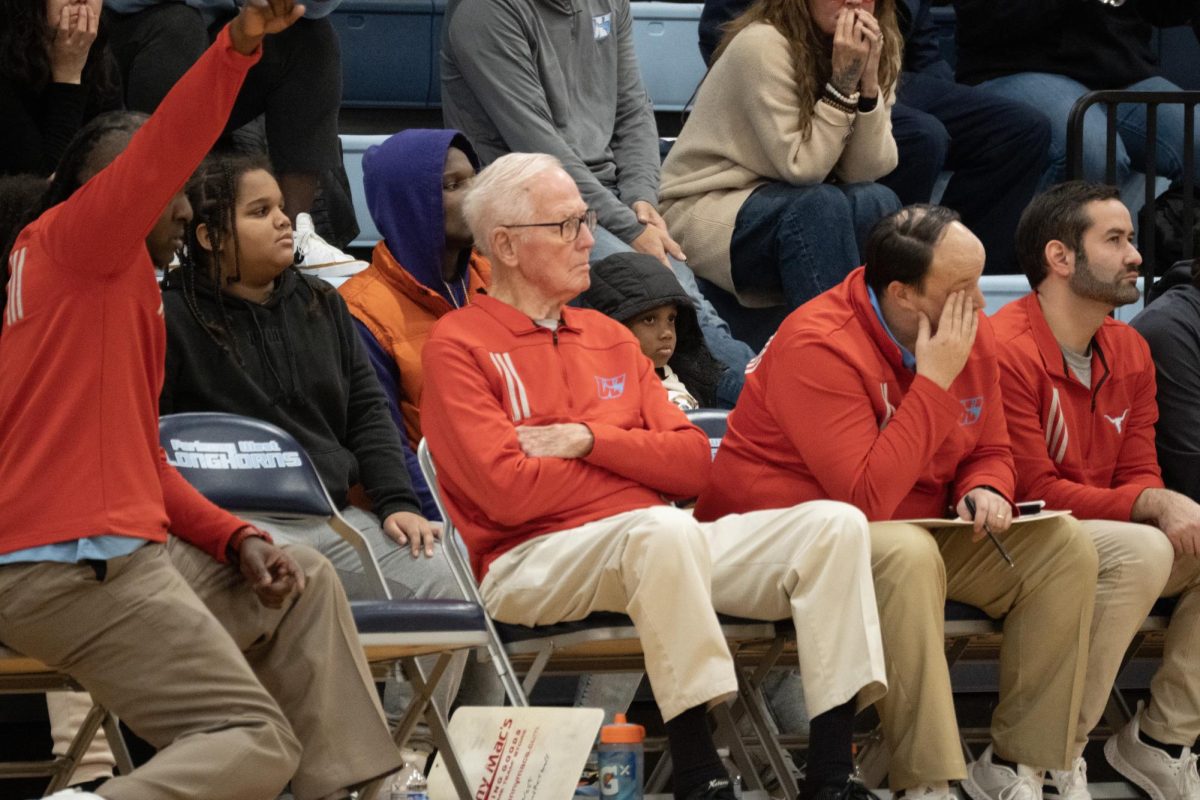
![Holding the disc, senior Nathan Thompson waits for an opportunity to pass to senior Timmy Fry. Parkway United’s ultimate frisbee team is made up of students from each of the four Parkway schools. “The one thing I really like about ultimate [frisbee] is the community because it’s so different from any other sport I've been a part of. [My] national teammates are people who we play against in the regular season, so we see each other all the time. It's always fun hanging out with [them],” Thompson said.](https://pwestpathfinder.com/wp-content/uploads/2024/12/C96A6823-1200x800.jpg)
![Senior Josie Grunzinger watches the football game intently from the sidelines on Oct. 18. Grunzinger stood out to the crowd as the only girl on the football team, encouraging other girls who want to play football to take a chance and go for a sport outside of their comfort zone. “If you think you could [play football] and you want to do it, just try it, because all it takes is to actually try it out,” Grunzinger said.](https://pwestpathfinder.com/wp-content/uploads/2024/10/Untitled-design-1200x675.png)

